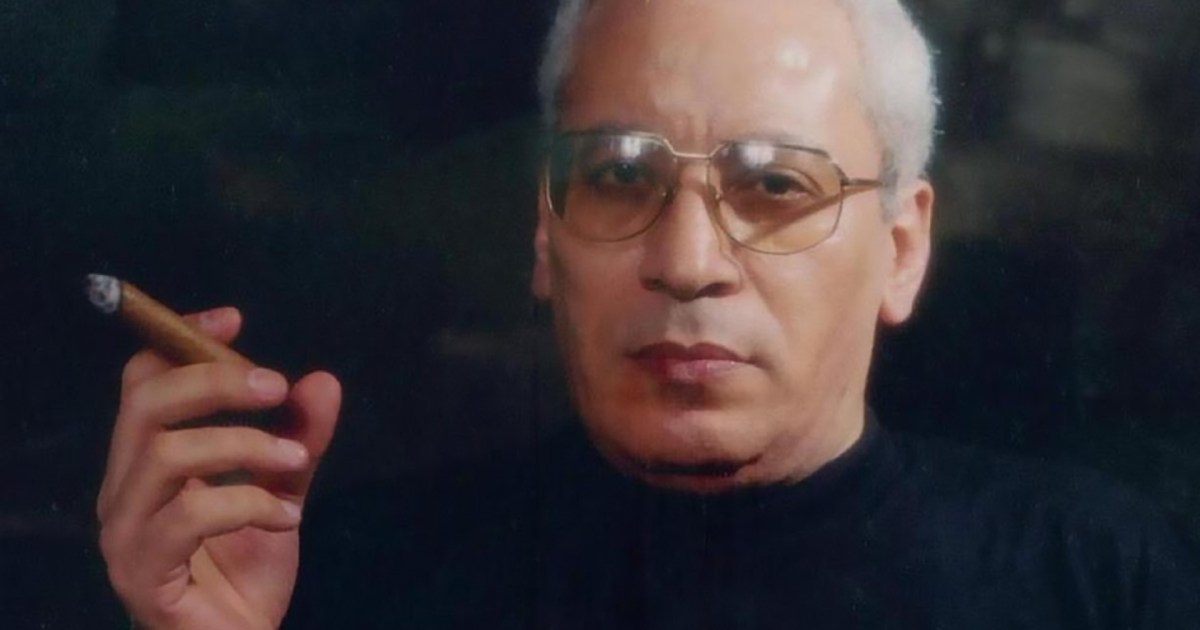Not hours have passed since the death of the Egyptian leftist thinker Amin al-Mahdi, until questions erupted about the mystery of the rapid deterioration of his health after his release from detention, amid human rights demands to reveal the circumstances that the Mahdi was subjected to in his prison that claimed his life, as happened with former detainees, including the journalist Muhammad Munir.
Al-Mahdi was arrested on September 8, and he was released at the end of the same month in a deteriorating health condition that called for his speedy transfer to the hospital, and then passed away two days ago after the failed attempts to save him, according to those close to the deceased.
The matter was not limited to suspicion and questioning, as some accused the regime of President Abdel Fattah Al-Sisi of assassinating Al-Mahdi, and those close to the late moved what they said were his last words inside the prison, and that he felt there was an attempt to assassinate him.
Accusations erupted on social media platforms of the regime of intentionally killing Al-Mahdi, and the activist living abroad, Al-Khatib's prescription, asked about the conditions in which the detainees lived.
Al-Khatib said, "What happened with Amin Al-Mahdi in prison? What did he take inside his prison? How and why did all his body systems stop at once after his release days from prison? Many suspicions revolve around my mind, and I call for the formation of a committee from the Doctors Syndicate about that."
The activist residing abroad, Muhammad Saad Khairallah, explicitly accused the regime of premeditated murder of the Mahdi, inferring to this the presence of a defect in all the bodies of the deceased, expressing his belief that he had been poisoned.
The human rights defender, Haitham Abu Khalil, compared the period between the date of journalist Muhammad Munir's departure from detention and the date of his death, which is 11 days, which is the same period between the date of al-Mahdi's exit from the prison and the date of his death, asking, "Is it a coincidence or liquidation of opponents?"
The obituary for Amin al-Mahdi was followed by his friends and followers on social networking sites, describing him with extreme boldness, naming things and actions by their names, and stigmatizing "criminals" with the characteristics they deserved by being famous for them by name.
Writers and thinkers considered that he was one of the factions calling for peace and democracy, inspired by his biography and ideas as a supplement to continue the same approach.
And the wife of the deceased posted on her page pictures and video clips of the last moments before he was burying him.
The personal page of the deceased on Facebook included a sharp criticism of President Abdel Fattah al-Sisi, the last of which was a criticism of what was highlighted by the media of the authority of a picture of Sisi during his conversation with a woman in the street, where she asked him for a treatment. Al-Mahdi said that Sisi responded to her with a presidential tenderness. Insisting on it as a mental image that Sisi wants to export to the Egyptians, adding in his last posts that the regime "failed to produce a well-fabricated scene."

